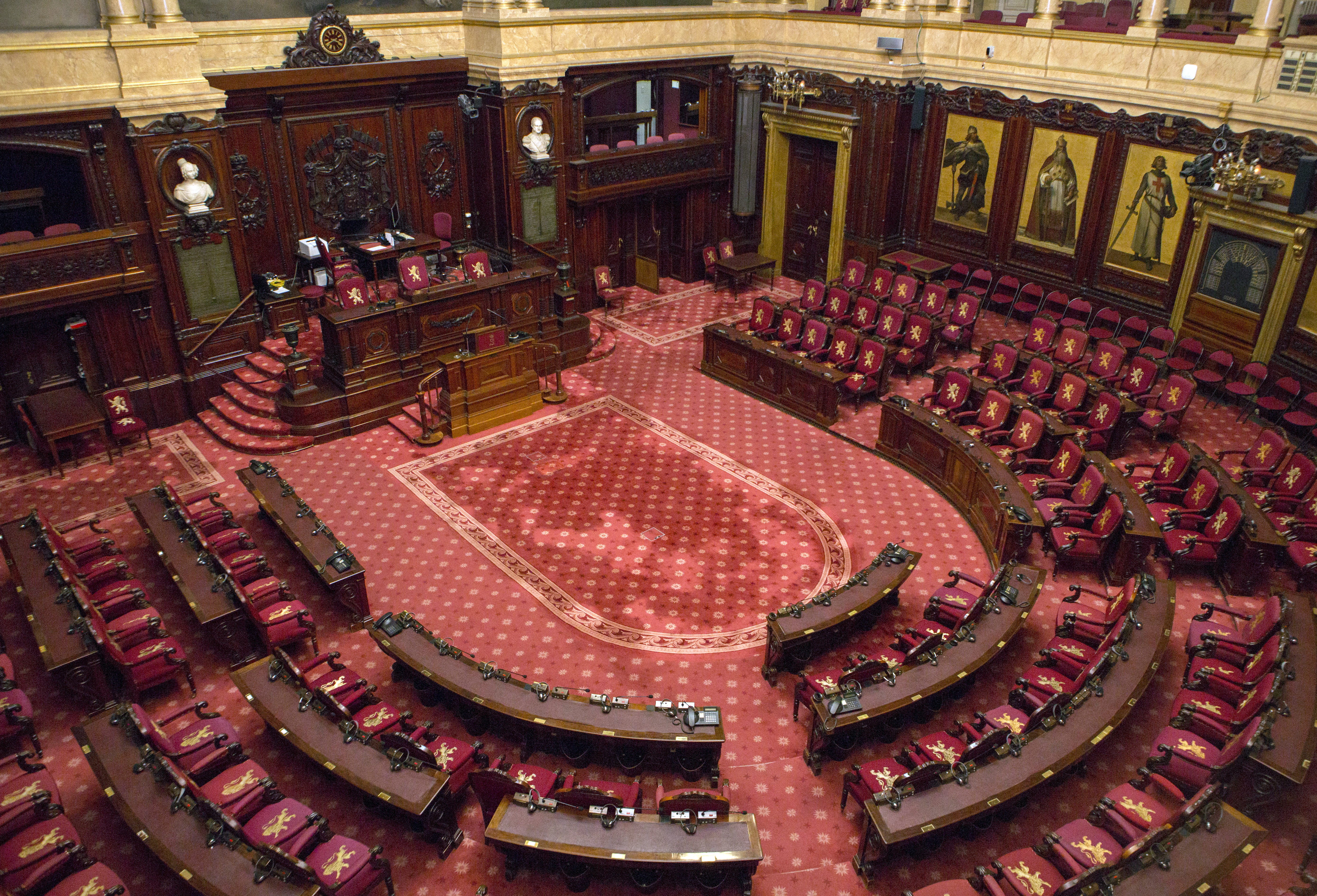
1. The Constitution and the Basic Laws
The Senate, together with the House of Representatives and on an equal footing, is competent for:
- the revision of the Constitution
- the basic laws on the structure, operation and institutions of the State to be adopted by a special majority
- the laws relating to party financing and the control of electoral expenditure
2. Other legislation
For some other laws, the Senate can intervene through the evocation procedure. At the request of a majority of the senators (and at least one third of the senators in each linguistic group), the Senate examines a bill adopted by the Chamber. The Senate may amend (modify) the draft. After amendment by the Senate, the Chamber decides whether it accepts the amendments made by the Senate.
3. Information reports
An important part of the Senate's work consists of drawing up information reports on 'cross-cutting issues'. These are issues that touch on the competences of different levels of government (Federal State, Communities and Regions). Such coordination is important in the Belgian federal structure, in which competences are divided but in which federal laws and federate laws and ordinances have the same force.
4. Conflicts of interest
Where a parliamentary assembly fears to be seriously prejudiced by a draft or a proposal submitted in another assembly, the Senate may mediate in this conflict of interest.
5. International dimension
Through their Senators, state parliaments can participate in meetings of international parliamentary organisations.
Like the other parliaments, the Senate ensures that the European Union does not take an initiative on a subject that is better dealt with at another level. This is the subsidiarity test.
6. Composition of high-level judicial bodies
Candidates for the position of member of the Council of State or judge in the Constitutional Court are nominated in turn by the Chamber and by the Senate.
In addition, the Senate appoints the members of the High Council of Justice who are not magistrates.
© Belgian Senate
